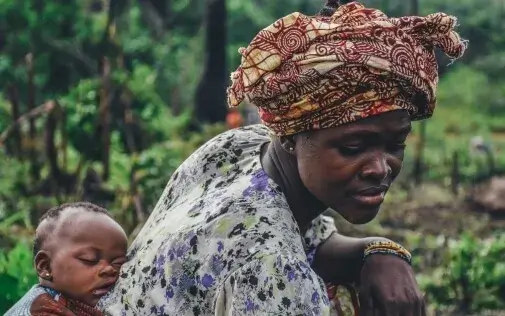
Female migrant workers are an example of strength and perseverance who often go unseen by a large proportion of society.
Female migrant workers are an important source of cultural diversity who contribute a unique source of wealth to their workplace and to the communities they live in.
They conform one of the collectives that have suffered from discrimination, lack of opportunities, labour exploitation and other forms of injustice. Nevertheless, these women have shown impressive resilience and perseverance to push forward and reach their goals. They possess an invisible superpower that often goes unseen in many companies and organizations.
These women are the most resilient and perseverant, not only here, but also in their countries of origin, in their communities and even within their families. They have had to overcome many obstacles to reach where they are today. This includes the ability to adapt to a new culture, learn a new language, and a new labour environment. They have learnt to be flexible and rapidly adapt to new situations, which has allowed them to survive and flourish in environments that are unknown to them.
Also, these women have a strong sense of empathy and solidarity with their co-workers and other people facing similar situations. They are often willing to help others and to share their experiences and knowledge to help those in greater need of it. They have also learnt to multi-task and to be efficient juggling many responsibilities such as caring for their children and looking after their households, while working long hours in badly paid jobs.
To deal with this situation it is important for public institutions and companies to implement policies and practices that protect the labour rights of these women. This includes the promotion of fair and stable contracts, regulating temporary job placement agencies, preventing discrimination and promoting inclusion and diversity at the workplace. It is also important to improve access to education and training to allow these women to gain new skills and to opt for better paid jobs that offer greater levels of security.
It is also important to promote higher levels of social awareness around this issue. Discrimination and labour exploitation of migrant female workers are unacceptable, and it is the responsibility of everyone to fight against this injustice. Society must become aware of the valuable contributions these women make and must recognize their rights both as workers and citizens.
To conclude, if we offer these women an opportunity and support, we will not only be helping them, but also the community and the country at large. To ensure that these women gain the recognition and protection they deserve, it is important for public institutions, companies and society to work hand in hand to guarantee their labour right and their rights as persons. Lastly, it is everyone’s responsibility to fight against discrimination and labour exploitation of female migrant workers, and to promote inclusion and diversity at the workplace.



Add new comment